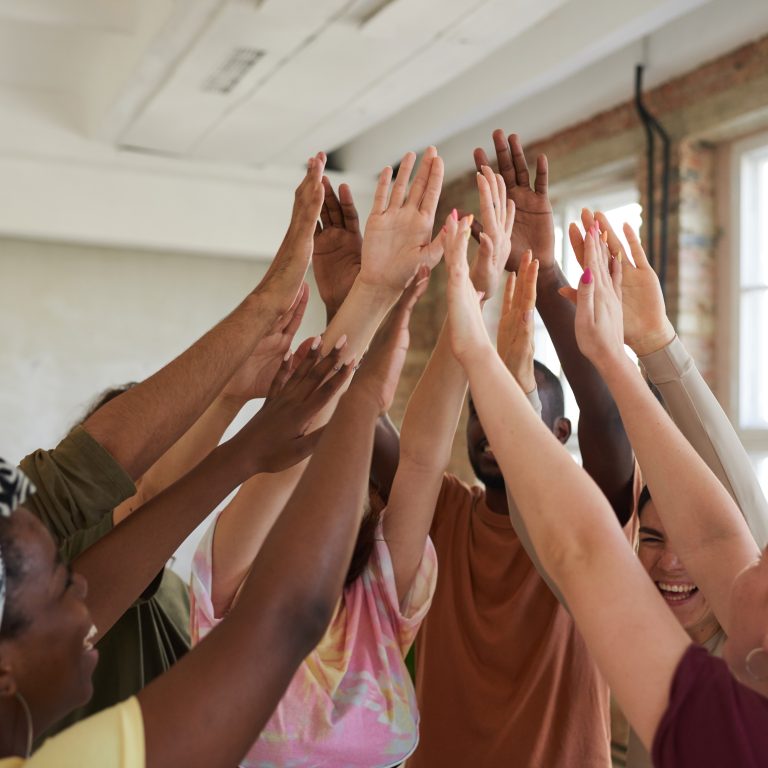Grant Making Criteria & Priorities
Funding Criteria
The charity will consider all applications that fall within our charitable purposes and meet our funding criteria and, for which, the due diligence process has not identified any unacceptable issues.
Charities
- Organisations must have a written constitution, with exclusively charitable aims, and be run by a minimum of at least 2 trustees.
- In making grants, trustees will comply with Charity Commission guidance, to ensure that it is in the charity’s best interests, check that any money is used as it is expected it to be and the decision recorded in the minutes.
Other Organisations
- In the event that the trustees wished to support an organisation that isn’t a charity, they are aware of and would comply with the Charity Commission’s guidance on doing so.
- In particular, they would ensure that the grant is only for to further the charity’s purposes, any funding of support costs would be limited to the specified activities, services or outcomes, the grant agreement requires the above be complied with, there is no more than incidental personal benefit and the trustees can demonstrate that the decision is in the charity’s best interests.
- Grants will be made based on the funding available and solely on merit.
Priorities
The number of good applications is likely to exceed the funding available, so the trustees use the following criteria to help them in making decisions on how best to allocate funding:
- Those most in need, particularly excluded groups such as the disabled community.
- The most vulnerable, such as children and older people.
- Families with children, particularly single parent families and orphans.
- Where a small grant might enable a larger project to go ahead, such as meeting a shortfall in funding.
- Any other priorities that the trustees may from time to time decide.
Data Protection
Applicants’ data will be held in accordance with data protection legislation. It will be held securely, disclosed if subject to an access request, treated as confidential, only used for the purpose for which it has been provided and destroyed, once no longer needed.
Safeguarding
In making grants to or working with other organisations we will comply with Charity Commission guidance by carrying out relevant due diligence and having a written agreement that sets out:
- Our relationship.
- The role of each organisation.
- Monitoring and reporting arrangements.
- Checks and Due Diligence
The charity will carry out sufficient due diligence on grant applicants to confirm the identity of the applicant and that:
- Any funding will be applied in accordance with the charity’s charitable purposes.
- Funds will not be knowingly used for illegal purposes, such as money laundering, bribery or financing terrorism.
- The applicant does not hold views or have any involvement in activities contrary to the charity’s values and charitable purposes.
Promotion
Often those we are trying to reach are the least able to research and find us and to make effective applications. Consequently, it is important to ensure that those we are seeking to reach are made aware and that the application process is kept as simple as possible.
Ways in which people can be made aware include promotion:
- Via websites, such as funders, local community groups and foundations.
- Social media – either groups relevant to our activity, or local town/village/community groups.
- Posters in village/town, places of worship, doctors’ surgeries and shops.
- Through networks of those who come into contact with potential beneficiaries, such as relevant statutory services and charities.
- For some groups, we may provide information a different way, such as an additional language, or to make these accessible to people who have disabilities.
To view our full Grant Giving Policy, please see below:





